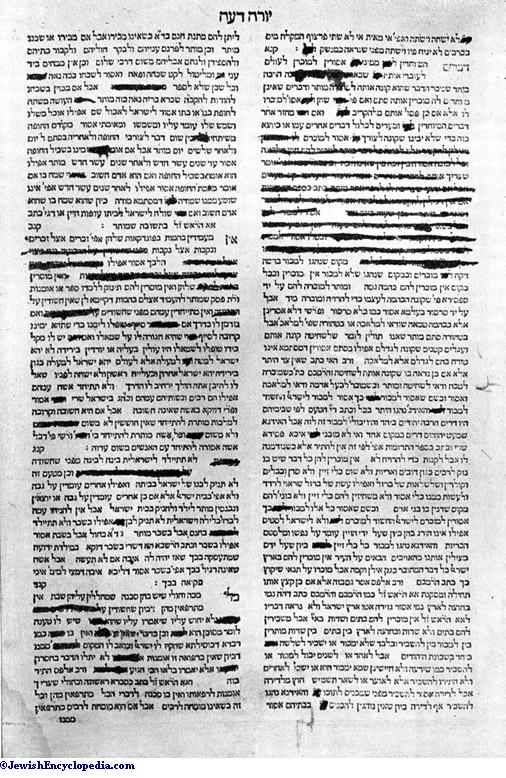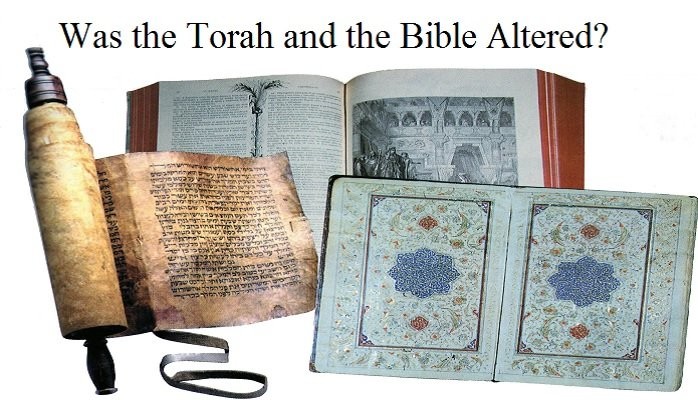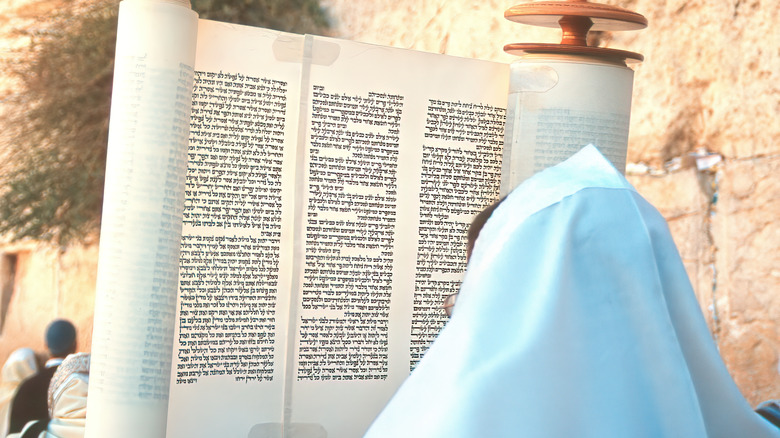In Monday’s post I talked about a few of the basic issues concerning with the Catholic Church restricting public access to the complete Bible. Today it’s time to look at the same in Judaism, which has some very interesting parallels. Of course in general there was not much that could be hidden, especially since the entire Torah is read in the synagogue Sabbath service over the course of a year.
However, by the time that Rome ruled over Jerusalem, the situation was different. The language spoken by the people was Aramaic, so most would not have understood the Torah very well. Accordingly, synagogues had someone translating aloud after a few verses of Aramaic. This is where censorship (not the fake rabbis-don’t-want-you-to-know type) could come in.

The incident of Reuben is read but not translated. The incident of Tamar is read but not translated. The first account of the calf is read and is translated, and the second is read but not translated. The Kohanic blessing, the incident of David and Amnon are neither read nor translated. They do not read as a haftarah [about] the Chariot. And R. Yehudah permits. R. Eliezer says, they do not read as a haftarah in “cause Jerusalem to know” [Megillah 4:10]
The commentaries have it that most of these incidents are not read in honour of a Biblical figure, that is not to make them “lose face” in front of the congregation. However, as per the last post, a cynical interpretation is that these were simply embarrassing enough in themselves. The first three cases listed show this. The incident of Reuben is Gen 35 where he sleeps with his father’s [I believe] concubine. The incident of Tamar is Gen 38 where Judah fathers a child with Tamar thinking she is a prostitute but not knowing who she is, then finds out Tamar is pregnant and at first wants her burnt to death. The second account of the calf is where Aaron suggests to Israel that they should smelt all their gold to create the calf.
The 3 examples genuinely seem to be cases of the rabbis “protecting” certain Biblical characters from close scrutiny (ridiculous though it might seem now). It is interesting that the tradition is generally not shy about airing the dirty laundry of Biblical characters in public, I’m not sure what makes all of these so special. And of course there are many stories in the Bible far more brutal or ridiculous than these so it’s probably not the “Orwellian” kind of censorship.

Still, it’s all particularly silly. But it also shows the degree of control that language has in terms of religion. I’ve known many Jews who have sat in synagogue services for years listening to the Hebrew and not understanding it. Then one day their eyes decide to wander over to the English and they’re shocked that what they assumed was some lofty prayer or spiritual Torah passage is but infamous barbarity.
This is kind of my aim in blogging about Jewish law. Just like I think the Bible is a cure for theism, Jewish texts can be a cure too. By getting the facts out there, it should give some people reason to confront their assumptions about religion, especially for religions that fall outside the Christian umbrella.





0 Comments